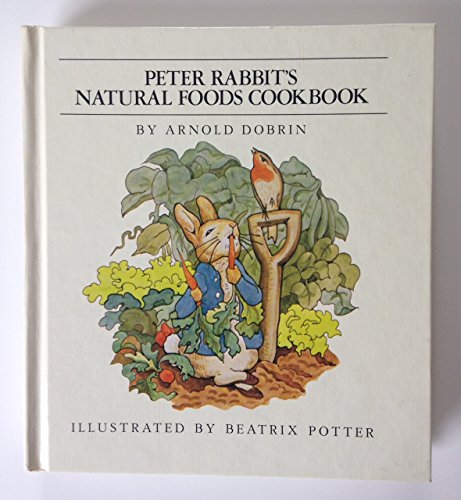Bucks really should be the friendly ones, but one thing I've seen is that some bucks are driven insane by the buck next door. We have a young Satin buck out there right now, Diamond Willow, who is everybody's favorite. But when he was younger he was in a cage next to another buck. As he matured, I noticed that the two of them spent every waking moment chasing and threatening each other through the wire, and as a result Diamond Willow was constantly keyed up and reacted aggressively to every movement outside his cage, including people. I was disappointed to have to cull him, so first I tried moving him to a cage with solid wall dividers and does on either side. The change was immediate, and like I said, now he's everyone's favorite. Could this kind of situation possibly be a factor in your buck's behavior?
Bunnies do learn behaviors from their dams, but temperament is definitely a heritable thing, and it can come from either the sire or the dam or both. We have a litter of Champagnes from a puppy-dog buck and a super cranky dam. Every one of the five bunnies always crowded up to the door for petting while the dam sat growling in the back. She bit my daughter twice and has been culled...but we're keeping two of her darling babies, including the one who not only is a sweetheart but just took 2nd Reserve in Show over the weekend. It would have been a tragedy to throw
that baby out with the bathwater!
Does do tend to be the ones that get bad attitudes, which are sometimes passing phases due to hormonal swings during maturation; but like
@eco2pia, I have very little patience for a bad-tempered buck. We have been breeding Satins, a breed some judges call "satans," for nearly 20 years. I've been selecting for good-tempered rabbits for that whole time, and most of my rabbits, does included, will nearly fall out of the cage trying to get a face rub.
But genetics is a statistical thing, and very few characteristics are passed to offspring 100% of the time (it would make breeding to a standard a heck of a lot easier if that were the case!). So a bad-tempered animal will probably produce some bad-tempered bunnies, but there will likely also be some individuals that do
not get that tendency. While I wouldn't keep a buck (or doe) that bit - I just don't want to deal with being hesitant to open a cage door - I wouldn't necessarily rule out keeping some of its offspring if it produced some before it was culled. The slack would stop there, though - no bad-tempered babies would stay.
The deal with behavior is that maybe even more than physical characteristics, it is a blend of nature and nuture, and you don't always know what's provoking a bad attitude. Sometimes there's an experience that produces unwanted behavior, like the white doe we had who grew up in a cage in which the door opened inward and bopped her in the nose every time she was up front for petting. The situation was worsened by the fact that most ruby-eyed white rabbits become partially or completely blind. Of course she became unfriendly and raced to the back, grunting, anytime someone approached, and sometimes rushed the cage door as well, though she never actually bit anyone. Although I do actually want rabbits that are completely bomb-proof and don't need any special treatment to stay sweet and healthy, it seemed unwarranted to cull her because of
my error in husbandry. She ended up producing a very long line of bunnies that were outstanding in every way, including temperament. (As a matter of fact, she was Diamond Willow's great-great-great-granddam.) All that to say, I have an
almost no-tolerance policy for bad attitude, but it is tempered by what I know of the history of the animal (see Diamond Willow's story above!).





















































